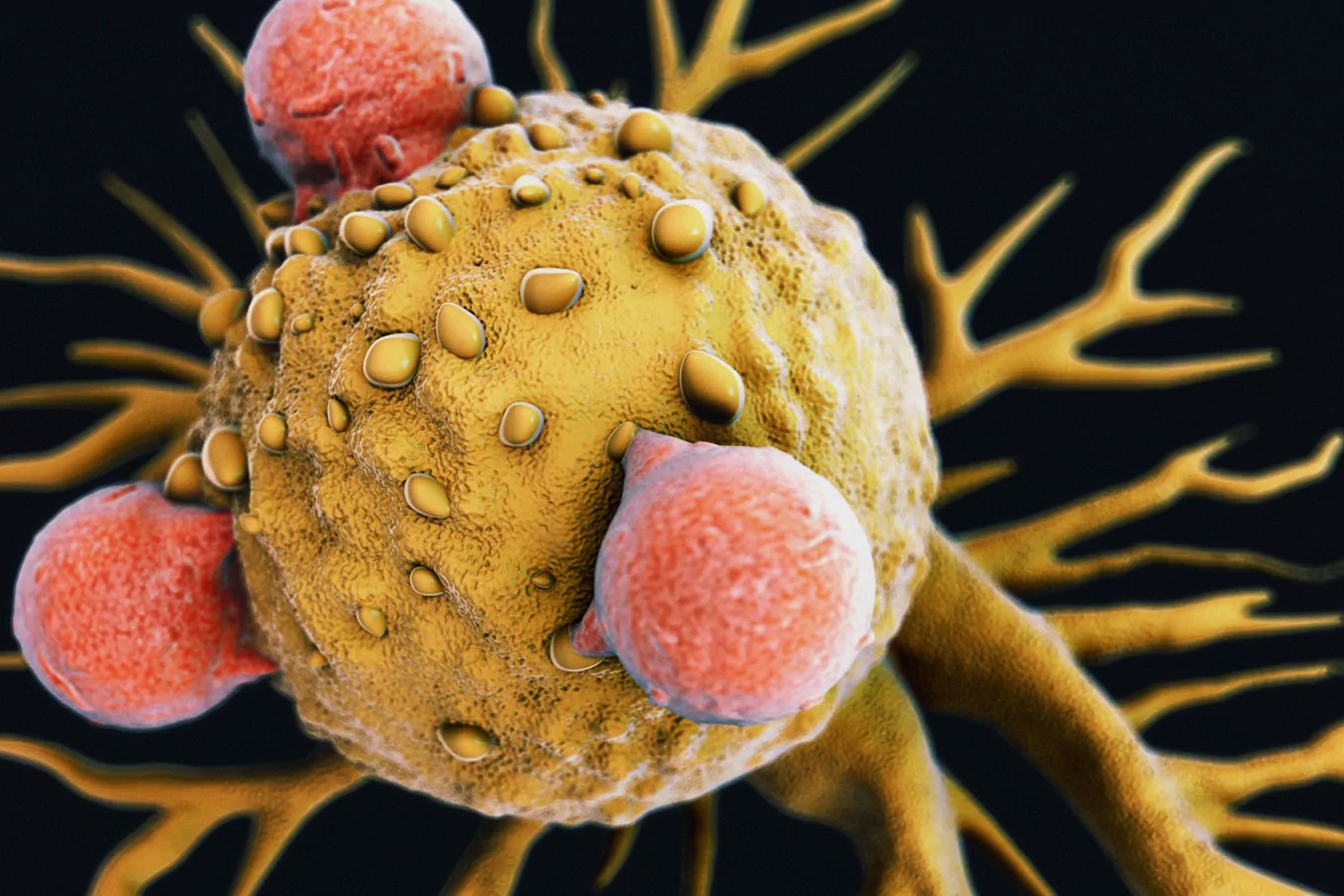
What is T-Lymphocytopenia? T-Lymphocytopenia, also known as T-cell lymphopenia, is a condition where the body has an abnormally low number of T-lymphocytes, a type of white blood cell crucial for immune response. Why does it matter? These cells help protect against infections and diseases. When their numbers drop, the body becomes more vulnerable to infections, including opportunistic infections that a healthy immune system would typically fend off. What causes it? Causes range from genetic disorders and viral infections like HIV to certain medications and treatments like chemotherapy. How is it diagnosed? Blood tests measuring T-cell counts are essential for diagnosis. Can it be treated? Treatment focuses on addressing the underlying cause and may include medications or therapies to boost the immune system. Understanding T-Lymphocytopenia is vital for managing health and preventing complications.
Key Takeaways:
- T-Lymphocytopenia is a condition with low T-cell counts, weakening the immune system. Causes include HIV/AIDS, chemotherapy, and genetic disorders. Treatment options vary based on the underlying cause.
- Symptoms of T-Lymphocytopenia include frequent infections, fatigue, fever, and weight loss. Diagnosis involves blood tests, flow cytometry, genetic testing, and imaging studies. Treatment options include antiretroviral therapy, immunosuppressive drugs, bone marrow transplants, and nutritional support.
What is T-Lymphocytopenia?
T-Lymphocytopenia, also known as T-cell lymphopenia, is a condition where the body has an abnormally low number of T-lymphocytes, a type of white blood cell crucial for immune function. These cells play a vital role in fighting infections and diseases.
- T-lymphocytes are a type of white blood cell that helps the immune system fight off infections.
- Lymphocytopenia refers to a decrease in lymphocytes, which include T-cells, B-cells, and natural killer cells.
- T-cell lymphopenia specifically indicates a low count of T-cells, which are essential for cell-mediated immunity.
Causes of T-Lymphocytopenia
Understanding the causes of T-lymphocytopenia can help in diagnosing and managing the condition effectively. Various factors can lead to a decrease in T-cells.
- HIV/AIDS is one of the most common causes, as the virus targets and destroys T-cells.
- Chemotherapy and radiation therapy for cancer can also reduce T-cell counts.
- Autoimmune diseases like lupus can lead to the destruction of T-cells.
- Genetic disorders such as DiGeorge syndrome can result in T-cell deficiency.
- Severe infections can temporarily lower T-cell counts as the body fights off the invaders.
Symptoms of T-Lymphocytopenia
Symptoms of T-lymphocytopenia can vary depending on the underlying cause and the severity of the condition. Recognizing these symptoms early can lead to timely treatment.
- Frequent infections are a common symptom due to the weakened immune system.
- Fatigue and general weakness can occur as the body struggles to fight off infections.
- Fever may be present, especially if an infection is ongoing.
- Weight loss can happen due to chronic infections and the body's increased energy expenditure.
Diagnosis of T-Lymphocytopenia
Diagnosing T-lymphocytopenia involves several tests and evaluations to determine the underlying cause and the extent of the condition.
- Blood tests are used to measure the number of T-cells in the blood.
- Flow cytometry is a specialized test that can identify and count different types of cells, including T-cells.
- Genetic testing may be conducted if a hereditary condition is suspected.
- Imaging studies like X-rays or CT scans can help identify any abnormalities in the lymphoid organs.
Treatment Options for T-Lymphocytopenia
Treatment for T-lymphocytopenia depends on the underlying cause and the severity of the condition. Various approaches can help manage and improve T-cell counts.
- Antiretroviral therapy is used to manage HIV/AIDS and improve T-cell counts.
- Immunosuppressive drugs may be prescribed for autoimmune diseases to prevent the destruction of T-cells.
- Bone marrow transplants can be an option for severe cases, especially if a genetic disorder is the cause.
- Nutritional support and supplements can help boost the immune system and overall health.
Final Thoughts on T-Lymphocytopenia
T-Lymphocytopenia, a condition marked by low T-cell counts, can lead to serious health issues. Understanding its causes, symptoms, and treatments is crucial for managing it effectively. Causes range from genetic disorders to infections like HIV. Symptoms often include frequent infections and fatigue. Treatments might involve medications, lifestyle changes, or even bone marrow transplants.
Staying informed about T-Lymphocytopenia helps in early detection and better management. Regular check-ups and a healthy lifestyle can make a significant difference. If you or someone you know shows symptoms, consult a healthcare provider promptly. Knowledge is power, and being proactive can lead to better health outcomes.
By staying vigilant and informed, you can navigate the challenges of T-Lymphocytopenia more effectively. Always seek professional medical advice for any concerns. Your health matters, so take charge and stay educated.
Frequently Asked Questions
Was this page helpful?
Our commitment to delivering trustworthy and engaging content is at the heart of what we do. Each fact on our site is contributed by real users like you, bringing a wealth of diverse insights and information. To ensure the highest standards of accuracy and reliability, our dedicated editors meticulously review each submission. This process guarantees that the facts we share are not only fascinating but also credible. Trust in our commitment to quality and authenticity as you explore and learn with us.
